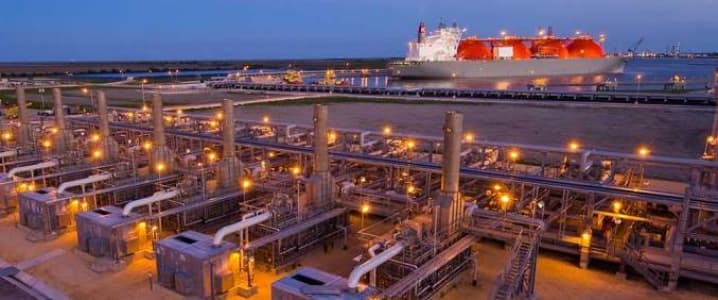Imagine how workers would behave if they were paid not on the basis of their output or productivity, but simply on time spent at the office regardless of what they were doing with that time. It’s likely that many employees would choose to spend evenings at the office watching TV and eating dinner. Some might even choose to sleep at work. None of this would be helpful to their employers, but it would let the employee receive a bigger paycheck.
That situation, as absurd as it sounds, is essentially the way that many oil companies are still being run these days at least with respect to their CEOs. In the last decade, significant numbers of oil company CEOs have found their pay tied not to profits or a firm’s stock, but rather to production levels of the company. Unfortunately, despite the biggest oil bust in decades, many CEOs at large production companies are still paid based on production, not profits.
The problem with this approach is that at current oil prices, significant amounts of current production are not profitable. That’s not to say those wells never will be, but they aren’t now. By incentivizing current production rather than current profitability, or better yet, long-term profits, firms are destroying shareholder value. Instead the focus ought to be on incentivizing CEOs to cut costs and build the leanest and most profitable organizations possible. That might seem obvious, yet that’s not how many firms have set up their compensation structures. Related: Flower Power Takes On A New Meaning With Pollen Batteries
The CEOs of Continental (CLR), Devon (DVN), and Chesapeake (CHK), for instance, all derived a substantial portion of their 2015 bonuses based on production and reserves rather than profits.
According to the Wall Street Journal, 30 percent of DVN’s CEO bonus, 40 percent of CLR’s CEO bonus, and 34 percent of CHK’s CEO bonus were all tied to production. At Chesapeake, CEO Doug Lawler earned $1.56 million in pay for exceeding production and reserve targets for instance. That contributed to a 4.9 percent increase in CHK’s production compared to a 2 percent target. That increased production did not help shareholders though. Earnings collapsed during the year and all the while CHK’s share price imploded, falling 77 percent in 2015.
Chesapeake is far from the only firm that is taking this misguided and destructive approach towards its shareholders though. Incentive pay for CEOs at production companies helps to explain in large part why U.S. products have been slow to cut output even as prices have tanked. U.S. oil production has declined only 9 percent from record highs despite the fact that the vast majority of oil companies are now unprofitable and would be better off going into long term survival mode and emphasizing profitability rather than break-neck growth. Related: When Will Solar Overtake Oil?
To be fair, the problem is more complex than simple myopic CEO bonus structures. Wall Street analysts have historically tended to favor production companies with significant future growth prospects rather than current earnings. That in turn gave companies an incentive to look for growth in production and reserves rather than profits. Maximizing sales makes little sense in a pure valuation framework, but analysts at major Wall Street banks have been slow to realize this and update their models to account for the more difficult to measure cost of future production.
Similarly, most production firms are in large part dependent on banks for a critical mass of their financing these days. Banks have made loans largely on the basis on untapped reserves as collateral. This misses the key point that collateral trapped underground is only worth something if it can profitably be extracted.
On the whole then, it’s clear that firm’s aren’t alone in their misguided pursuit of production over profits.
By Michael McDonald of Oilprice.com
More Top Reads From Oilprice.com:
- Gas Prices To Remain Low This Summer
- Oil Speculators No Longer Confident In Price Crash
- Nigeria’s Oil Production In Free Fall After More Attacks


















